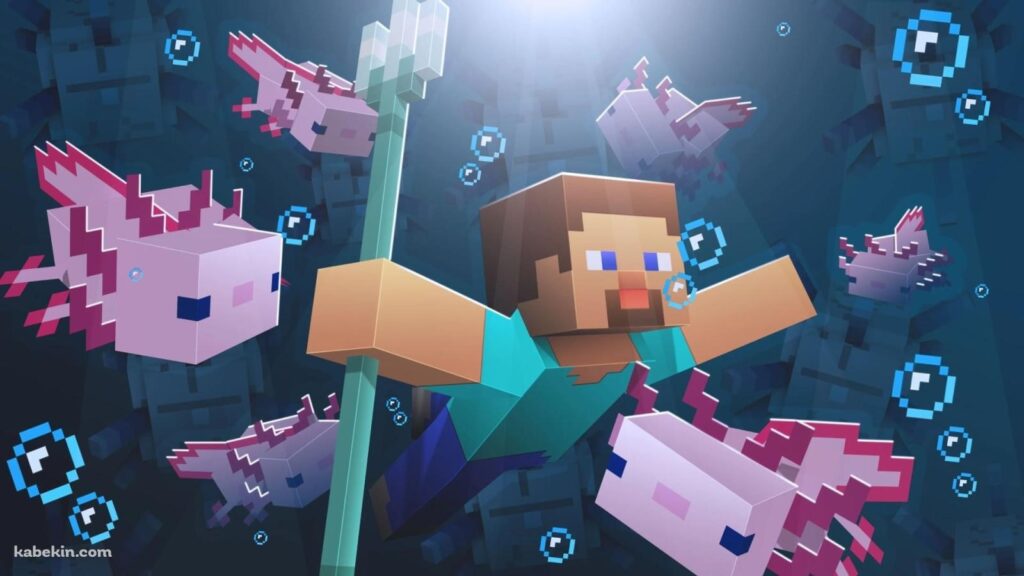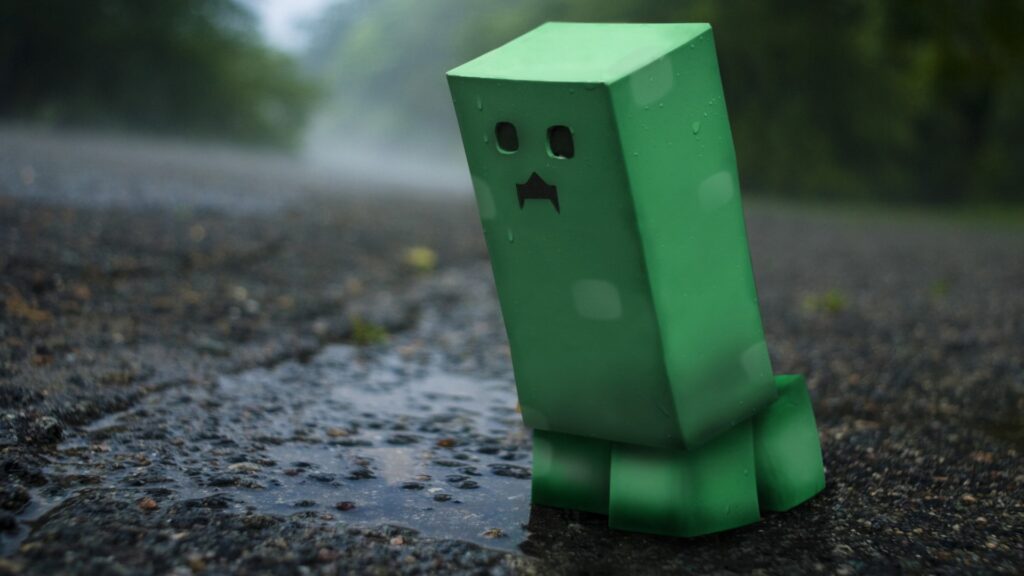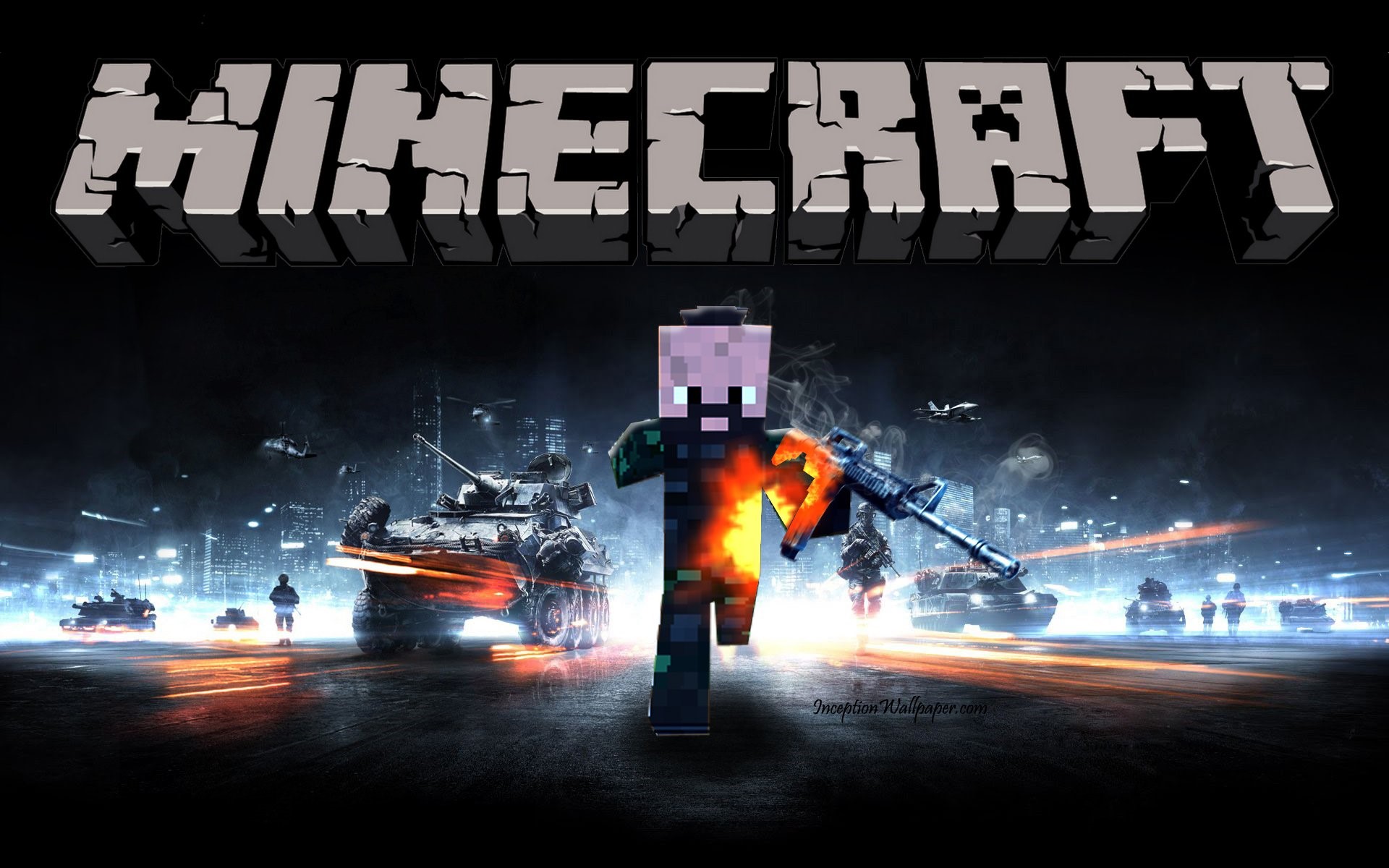When you dive into the world of Minecraft, the possibilities are endless. For gamers who want to elevate their experiences, modded Minecraft offers features and functionalities that stock versions simply can’t match. However, hosting a modded server requires not just any service; it demands reliability, scalability, and solid performance. That’s where modded Minecraft server hosting comes into play.
There’s nothing more frustrating than setting up a modded server only to have it crash because of inadequate resources. I remember my first attempt at hosting one for a small group of friends. After hours of downloading mods and tweaking configurations, we booted up the server—only for it to crash as soon as we tried to enter the world! It was a classic case of underestimating the technical requirements.
Key Features to Look For

When selecting a modded Minecraft server host, consider the following features:
- Performance: Look for SSD storage and ample RAM to handle mods.
- Location: Choose a provider with data centers close to your player base for better latency.
- Ease of Use: A user-friendly control panel can save you tons of time, especially when managing mods.
- Customer Support: Opt for a service with 24/7 support. Believe me, you’ll need it.
- Mod Compatibility: Ensure the host easily supports popular mod packs like FTB, Tekkit, or SkyFactory.
Previously, I tried a provider that boasted great prices but failed on performance. The lag was unbearable, and reconnecting became a constant hassle. Don’t settle for mediocrity when you can have a smooth gaming experience.
Choosing the Right Host Based on Your Needs

Every gaming community is unique, and so are their requirements. For example, if you’re an indie developer working on a game spin-off, you might need more advanced features than an average player running a simple server for friends. Several companies specialize in catering to various gamer needs, from user-friendly setups for streamers to high-performance options for esports teams.
Selecting the right host can significantly affect your gaming experience. For casual gamers, a lower-cost option might suffice, while competitive gamers will need features like DDoS protection and high uptime.
Ultimately, the key is to assess your requirements first and then find a host that matches them. It might take a bit of juggling to get everything just right, but when you find the perfect fit, the gaming world opens up in front of you like never before.

